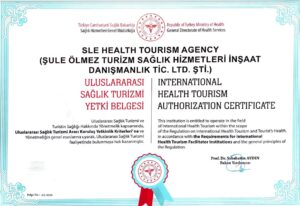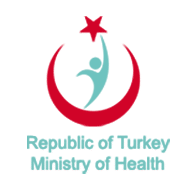Medicines to be used after the hair transplant
Hair Transplant Aftercare: please read the following information before taking your medicines.
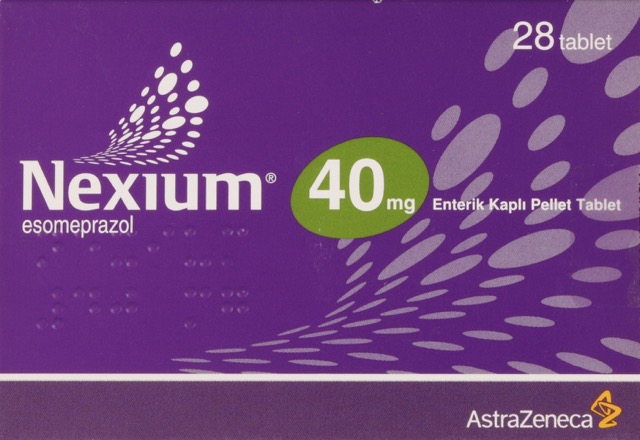
Nexium (gastroprotective)
1 X before breakfast
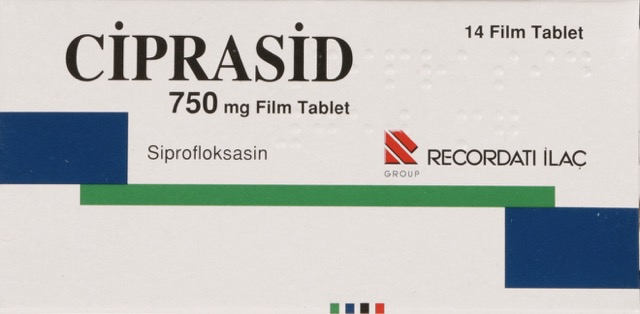
Antibiotics
1 X after breakfast 1 X after dinner
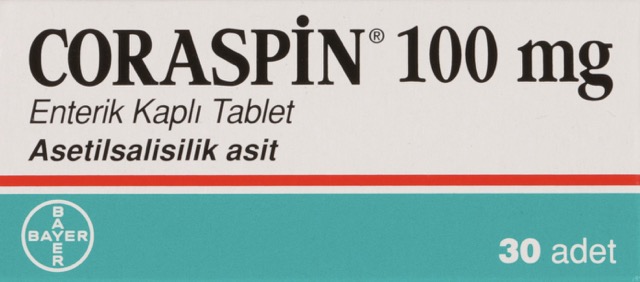
CORASPIN 300 mg
Blood Thinner
1x after breakfast
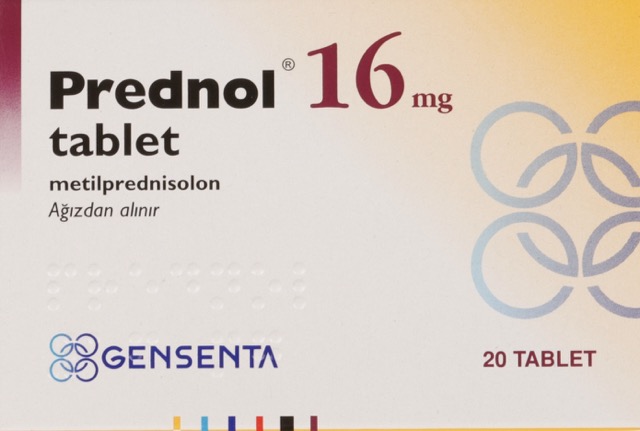
PREDNOL 16 mg
Prednol must be used for the following 6 days.
- 1st day: 3 at once
- 2nd day: 3 at once
- 3rd day: 2 x at once
- 4th day: 2 at once
- 5th day: only 1
- 6th day: only 1
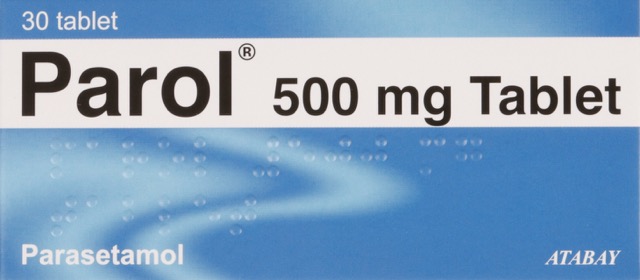
PAROL 500 mg
Pain Killer
It is recommended to use when pain is felt. (at 6 hour intervals)

FITO CREAM 50 mg
Apply only to the donor area
Use 3 times a day starting the day after the operation
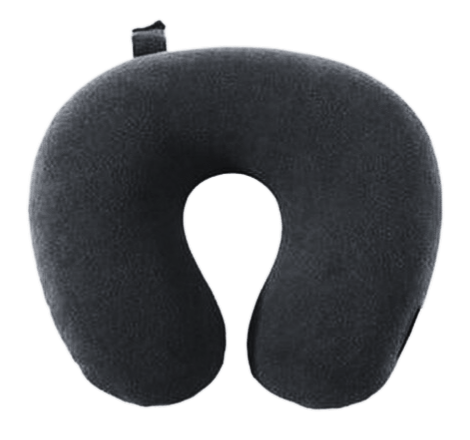
NECK PILLOW
The neck pillow should be used for 10 days from the day of operation.
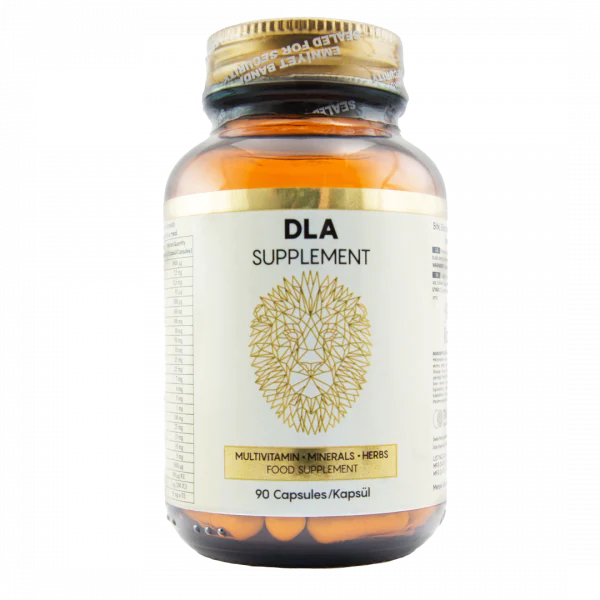
VITAMINS (purchased separately)
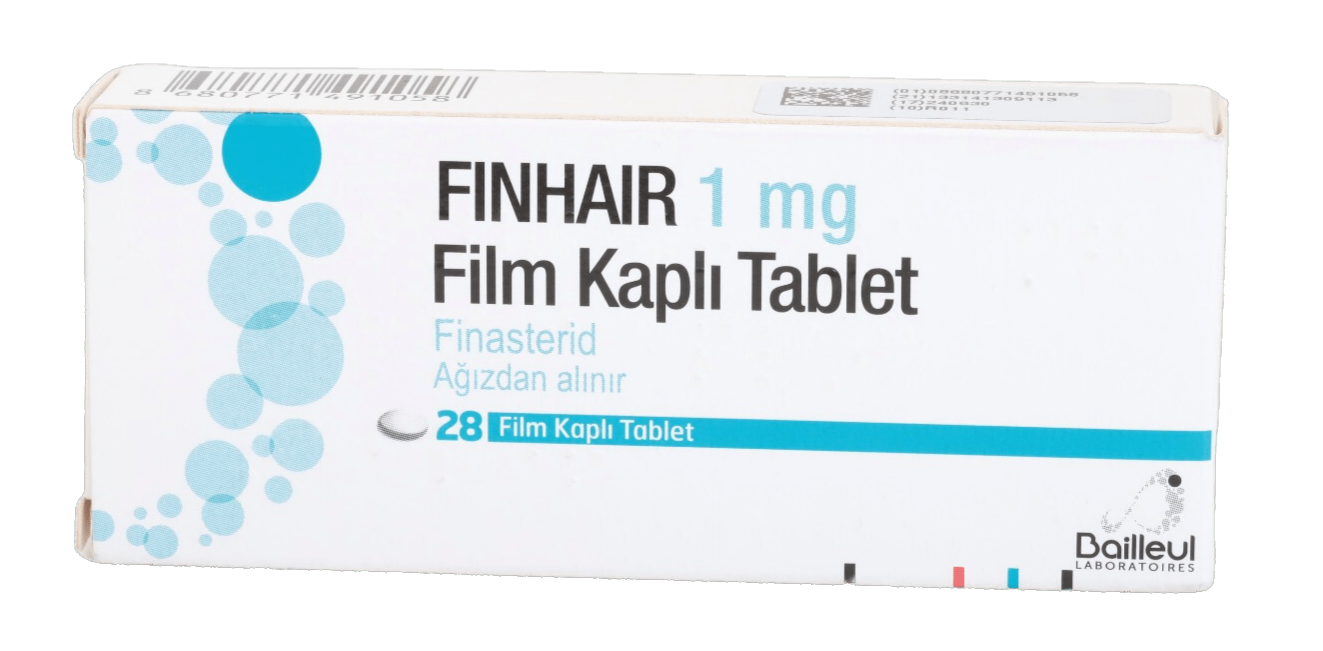
FINASTERIDE (purchased separately)
Finasteride (Propecia) reduces the DHT level by about 70% and increases the testosterone level by 9%. It is recommended to use Finasteride (Propecia) for a year to protect and strengthen the existing hair after a hair transplant operation. Using specific medications for a successful hair transplant is critical to get a satisfactory result.
What should be considered after hair transplantation?
- No hair wash on the 1st and 2nd days!
- Avoid touching the newly-grafted scalp: It is best to keep your head upright and avoid touching the newly-grafted scalp.
- Protect your head: The second day is when the bandage is taken off. It will not be possible to apply another bandage. Therefore, the patient must carefully protect their head for ten days.
- No bending: Patients should not bend their heads for 3 days. So they will not cause grafts to pop out or bleed in the recipient area. This is also an important factor for a successful hair transplant result.
- Sexual intercourse may cause a person to sweat. After a hair transplant, sweating should also be avoided. Your grafts might get displaced while you sweat, especially in the first few days.
- No smoking: Because smoking extends the duration of recovery, it is for your own good to stop smoking one week after the operation. Nicotine stiffens blood vessels and narrows them. This both delays the recovery and affects the new hair growth negatively.
- No scratching: It is important to avoid scratching for a month as it can remove scabs and delay the healing process. Rather than scratching your scalp with your nail, you can gently rub the area.
- No Alcohol: Patients avoid drinking alcoholic beverages for at least two weeks after their hair transplant operation. This will give your body enough time to process any alcohol in your system and for your blood pressure to return to normal.
- Careful while coughing/sneezing: It is best to keep your head upright and avoid any sudden movements such as intense coughing and sneezing following the operation. It is unlikely that you damage a graft by coughing a few days after your hair transplant. However, it is still important to be careful while sneezing or coughing.
- No Sauna/Solarium: We do not recommend going to saunas, steam baths or staying in places that are very hot can increase sweating, these activities are as harmful as doing exercises or sports. You should not go to sauna or steam baths for the 1 month after the hair transplant, as they cause intense sweating.
- No intense exercises: We recommend that you should avoid intense exercises until at least 30 days after hair transplant surgery. Light exercises such as walking or yoga or light exercise are fine to do after the fourth postoperative day. If you notice an increase in bleeding during any of these exercises, you should cut back on the intensity of the exercise.
- Avoid sunlight: One of the most important precautions to take after a hair transplant is avoiding direct sunlight. After a hair transplant operation, a patient needs to protect your scalp from the sun for 1-2 months. Too much direct sun exposure not only damages the surface of the treated scalp but can also affect the deeper tissues and cause serious harm.
- Sleeping: To have a comfortable sleep after a hair transplant operation and to prevent infection, it’s crucial that you have clean sheets and pillowcases. Make sure to use detergent free from allergens so you do not irritate or inflame the scalp as it heals. Patients need to sleep face up with their heads elevated at least 45 degrees for ten days, using a neck pillow. You should avoid excessive movements such as turning your head quickly or bumping your head on a headboard.
